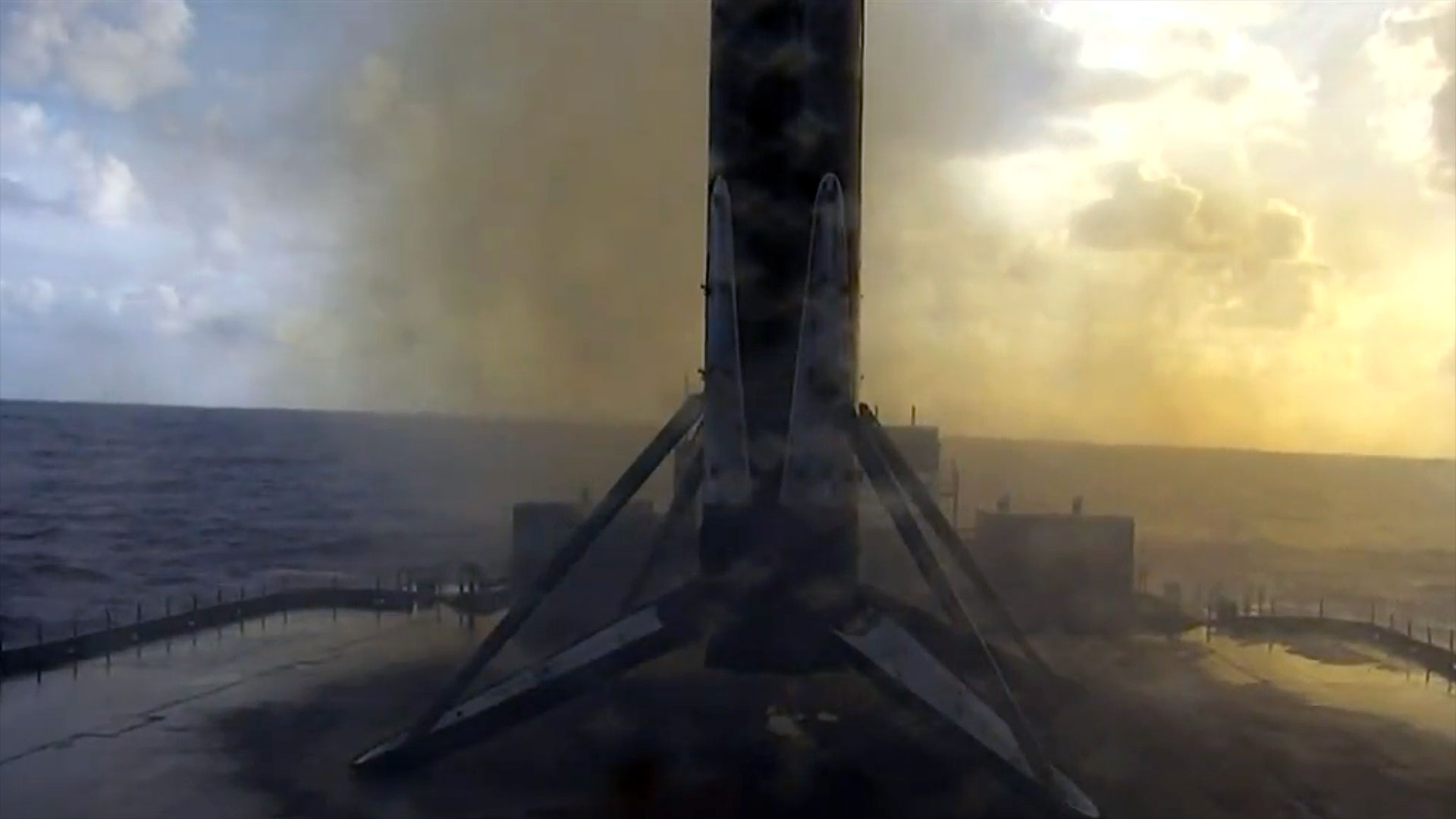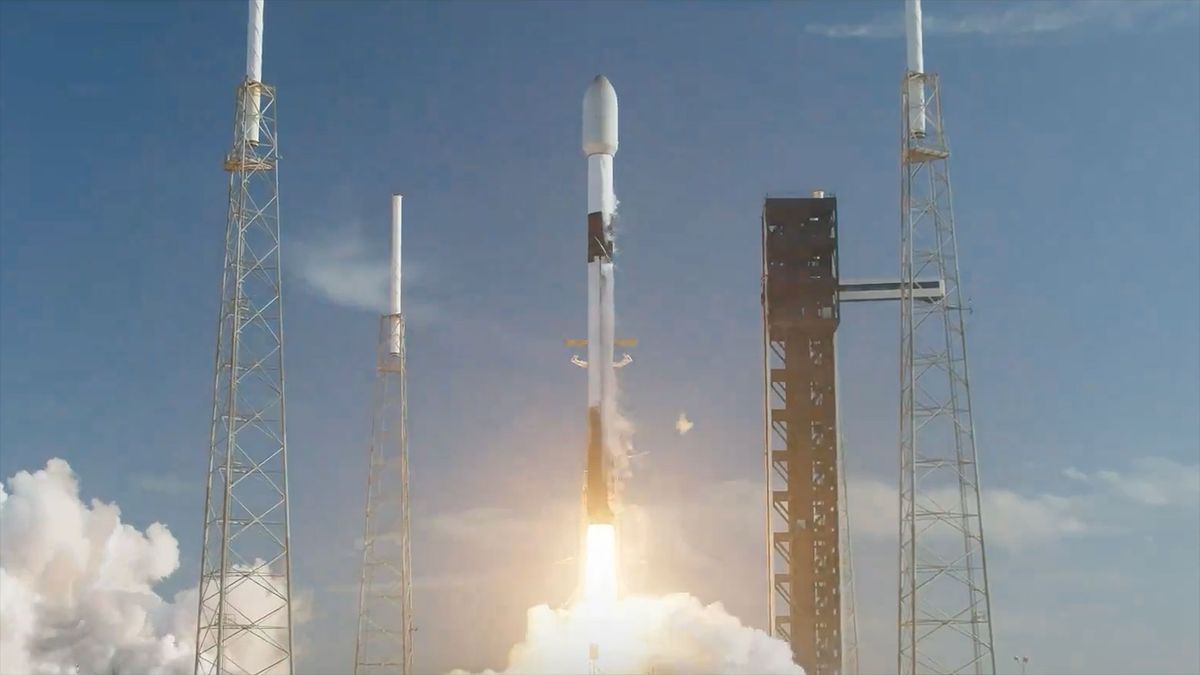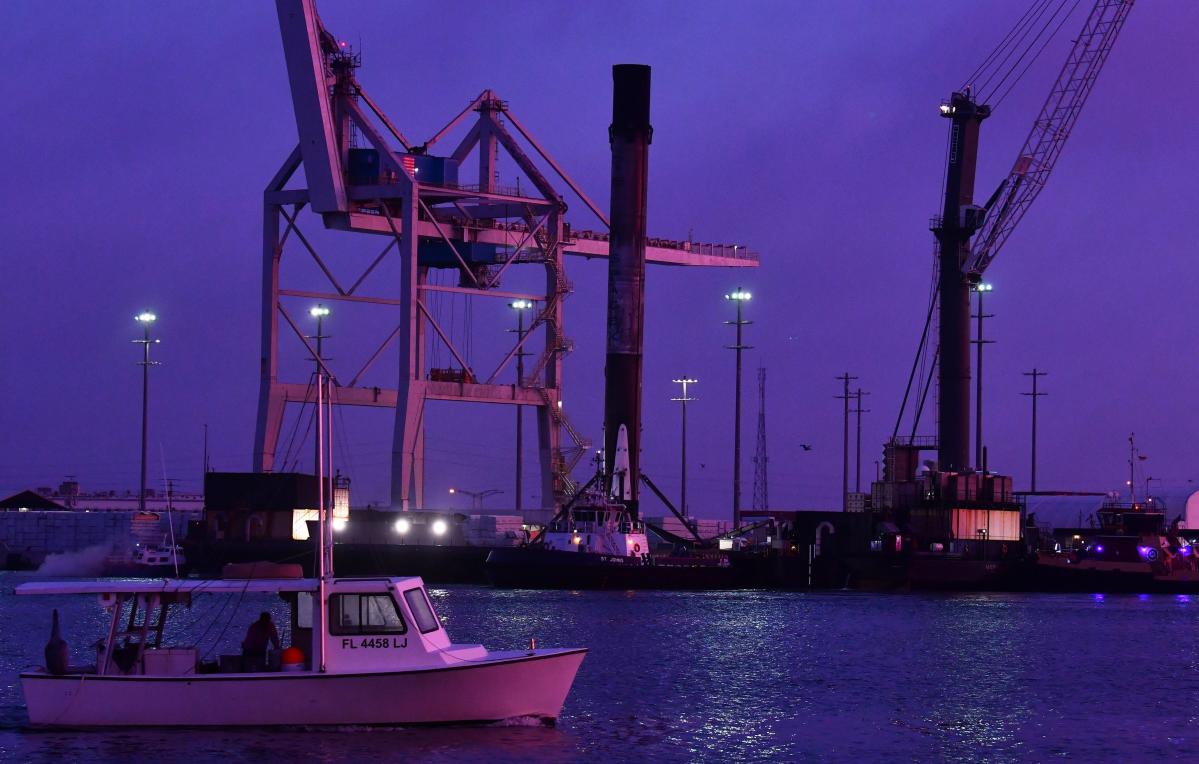
On the evening of April 28, 2024, SpaceX successfully launched its latest batch of Starlink communication satellites into low-Earth orbit from Cape Canaveral Space Force Station in Florida. This marked the 13th time that reusable booster 1076 had sent a Falcon 9 to space. The mission, called Starlink 6-54, was the 29th launch of Starlink satellites this year.
The Falcon 9 rocket carried a total of 23 Starlink satellites and delivered them precisely into orbit. Each satellite has a lifespan of about five years, and SpaceX aims to have a mega-constellation of 42,000 satellites in the future.
The launch was not the only mission for SpaceX that weekend. On Saturday night, April 27, they launched a Falcon 9 carrying European Space Agency Galileo L12 satellites into orbit. These satellites provide global positioning services compatible with U.S. GPS systems and also serve Russia's global navigation system.
The successful launch of the Starlink satellites comes after several previous attempts that were either delayed or aborted due to various reasons, including weather conditions and technical issues.
SpaceX has been making significant strides in the space industry with its reusable rockets and ambitious plans for a mega-constellation. The company's Falcon 9 rocket is now the most frequently launched operational rocket in the world, surpassing Russia's Proton and Europe's Ariane 5.
The launch from Cape Canaveral Space Force Station was witnessed by thousands of spectators who gathered at nearby beaches and parks to catch a glimpse of the historic event. The Falcon 9 rocket soared into the night sky, leaving behind a trail of light as it ascended towards orbit.
The successful launch marks another milestone for SpaceX in its quest to revolutionize space travel and broadband internet access through its Starlink project.



